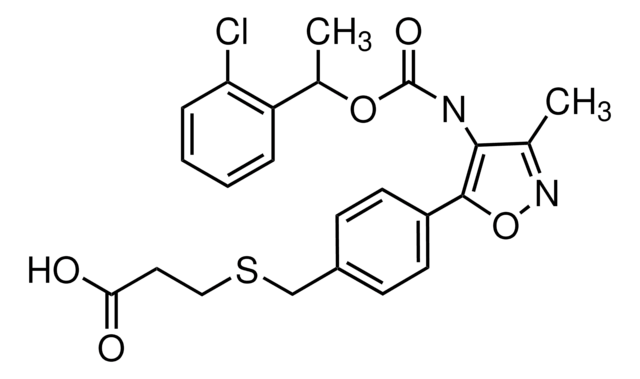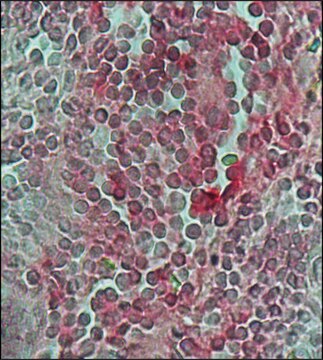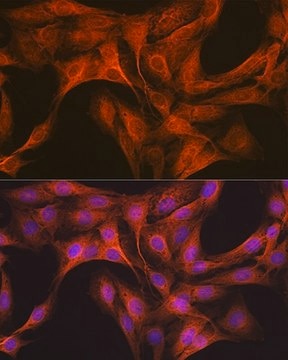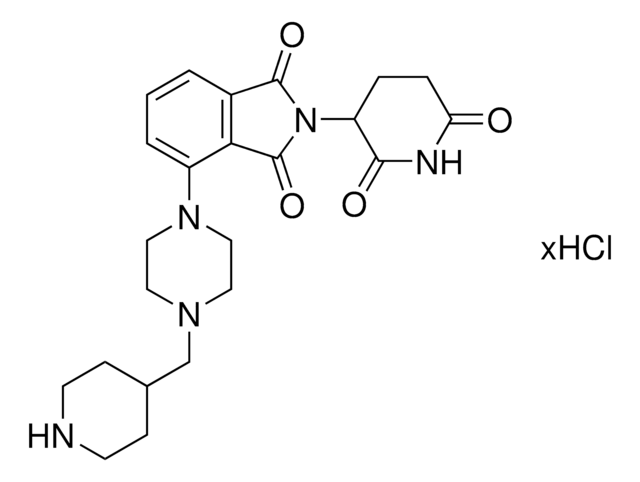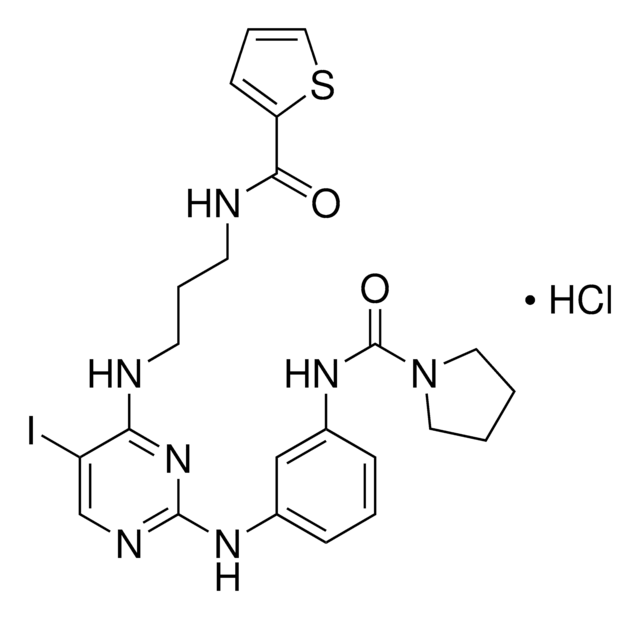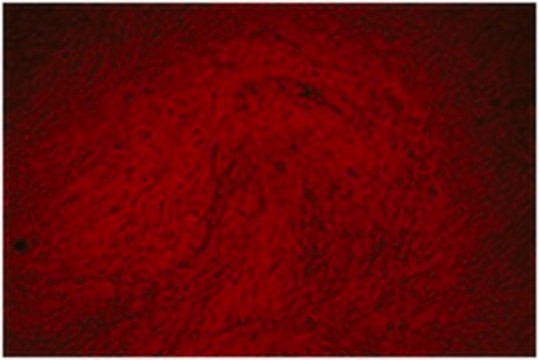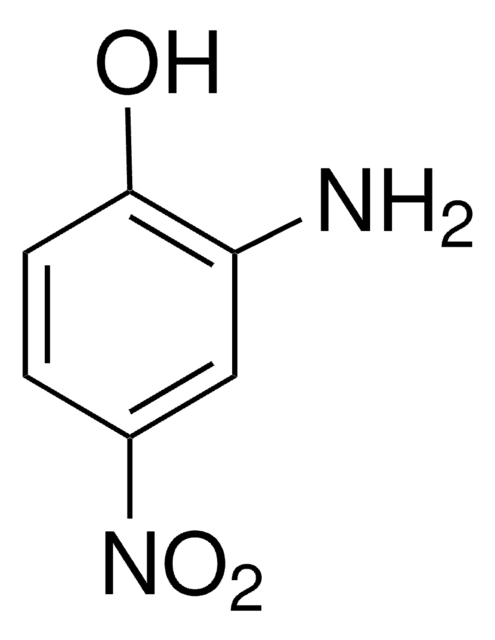Recommended Products
biological source
rabbit
Quality Level
antibody form
serum
antibody product type
primary antibodies
clone
polyclonal
species reactivity
mouse, human, rat
manufacturer/tradename
Chemicon®
technique(s)
western blot: suitable
GenBank accession no.
shipped in
wet ice
target post-translational modification
unmodified
Gene Information
mouse ... Clock(12753)
Related Categories
General description
Circadian Locomotor Output Cycles Kaput, or Clock is a gene which encodes proteins regulating circadian rhythm. This gene encodes a protein that belongs to the basic helix-loop-helix (bHLH) family of transcription factors. Polymorphisms within the encoded protein have been associated with circadian rhythm sleep disorders. A similar protein in mice is a circadian regulator that acts as a transcription factor and forms a heterodimer with aryl hydrocarbon receptor nuclear translocator-like protein to activate transcription of mouse period 1.
Specificity
Cat. # AB2203 recognizes CLOCK protein
Reactivity with other species has not been tested.
Application
Anti-CLOCK Antibody is an antibody against CLOCK for use in WB.
Western Blot Analysis:
L6 lysate was resolved by electrophoresis, transferred to PVDF membrane and probed with anti-CLOCK (1:500 dilution of this lot).
Proteins were visualized using a Donkey anti-rabbit secondary antibody conjugated to HRP and a chemiluminescence detection system.
L6 lysate was resolved by electrophoresis, transferred to PVDF membrane and probed with anti-CLOCK (1:500 dilution of this lot).
Proteins were visualized using a Donkey anti-rabbit secondary antibody conjugated to HRP and a chemiluminescence detection system.
Quality
Routinely evaluated by western blot on L6 tissue lysate.
Target description
Approx. 95 kDa
Analysis Note
Control
L6 Cell Lysate.
L6 Cell Lysate.
Other Notes
Concentration: Please refer to the Certificate of Analysis for the lot-specific concentration.
Legal Information
CHEMICON is a registered trademark of Merck KGaA, Darmstadt, Germany
GenBank is a registered trademark of United States Department of Health and Human Services
Not finding the right product?
Try our Product Selector Tool.
wgk_germany
WGK 1
Certificates of Analysis (COA)
Search for Certificates of Analysis (COA) by entering the products Lot/Batch Number. Lot and Batch Numbers can be found on a product’s label following the words ‘Lot’ or ‘Batch’.
Already Own This Product?
Find documentation for the products that you have recently purchased in the Document Library.
Antibodies for assessing circadian clock proteins in the rodent suprachiasmatic nucleus.
LeSauter, J; Lambert, CM; Robotham, MR; Model, Z; Silver, R; Weaver, DR
Testing null
Xiaoqin Liu et al.
PloS one, 7(11), e50602-e50602 (2012-11-29)
Circadian rhythms in metabolism, physiology, and behavior originate from cell-autonomous circadian clocks located in many organs and structures throughout the body and that share a common molecular mechanism based on the clock genes and their protein products. In the mammalian
Yohei Kobayashi et al.
Neuron, 86(1), 264-275 (2015-03-25)
Circadian rhythms control a variety of physiological processes, but whether they may also time brain development remains largely unknown. Here, we show that circadian clock genes control the onset of critical period plasticity in the neocortex. Within visual cortex of
Our team of scientists has experience in all areas of research including Life Science, Material Science, Chemical Synthesis, Chromatography, Analytical and many others.
Contact Technical Service
